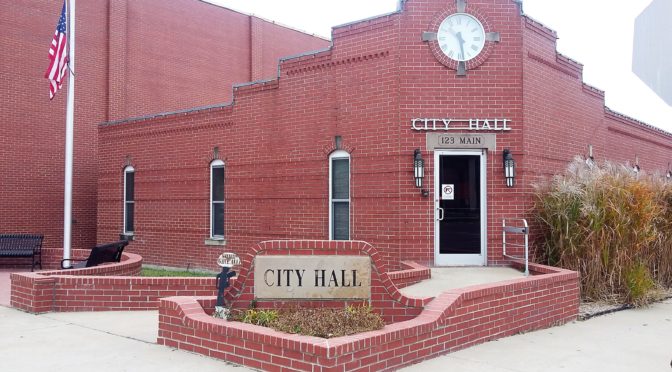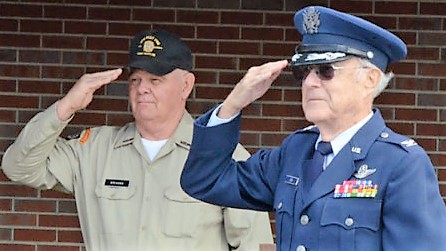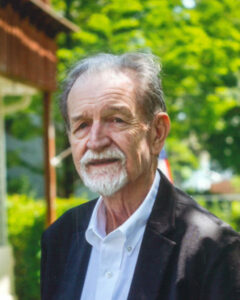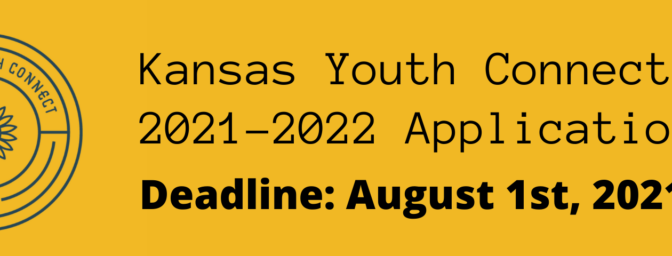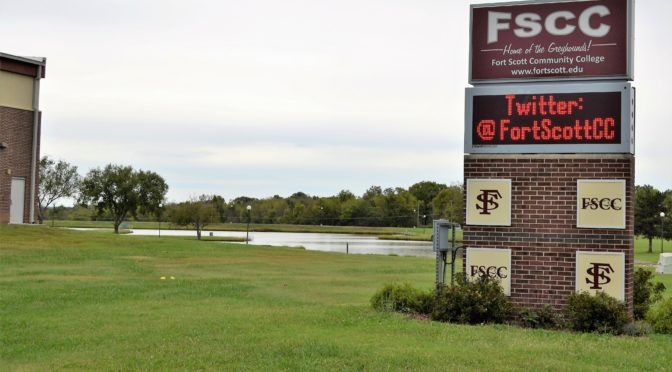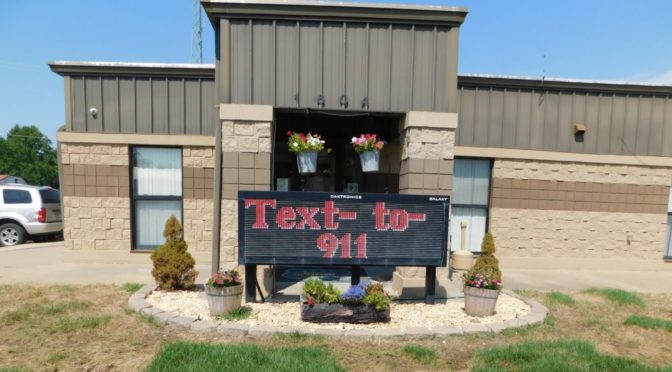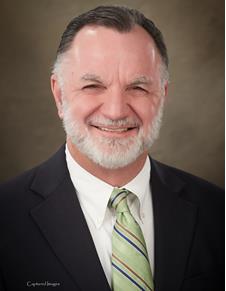
It is difficult to run a small business in southeast Kansas, and for that matter, anywhere in rural America and be successful long term. The idea of a business is to create value; a net worth that can be handed down to the next generation or sold at a tidy profit. If your goal is earnings, get a job and work for a business owner, as it is not worth risking the capital and the long hours just to make a wage.
Additionally, it becomes increasingly difficult to create value whenever a population base around a small business is shrinking. I have seen Bourbon County business owners who have been successful over a long period of time try to sell their profitable business, only to learn it has little worth other than the liquidation value of the assets accumulated. Heartbreaking!
Consider these numbers from 2018 of small business loans outstanding (listed by original amount of loan) in some selected SEK counties:
County # of Loans Total $ Ave. Size
Allen 122 $6,571k $53,861
Bourbon 125 $4,193k $33,544
Cherokee 144 $8,887k $61,715
Linn 82 $2,847k $34,720
Neosho 125 $3,090k $26,870
We rank in the middle of the pack, holding our own. Obviously, there are successful small businesses in SEK that do not have loans outstanding, but typically financing goes hand in hand with investment to help an entrepreneur leverage their efforts. $4.2 million is not very much in total loans to small businesses in the county. If small farm loans were added in, the amount would grow exponentially.
A huge problem for rural small businesses, including SEK, is that government lending programs, such as the Small Business Administration (SBA), are harder to access for us. Upfront costs and fees, and cumbersome regulations and requirements make smaller SBA applications cost prohibitive. For example, there are almost no SBA 504 loans (a popular real estate construction financing program) outstanding in SEK, because of the increased cost of professional oversight required, and the fact that contractors must pay Davis-Bacon wages (union scale), which is vastly more than the market currently commands. All these requirements leave this valuable tool, and others, out of reach for us.
The solution? Besides lobbying Congress for lending support programs geared toward rural America, look to start businesses that sell products to growing markets. For example, the traffic count on Highway 69 continues to rise, bringing more consumers through our county every day. Several new businesses have opened up on South Main in recent years to take advantage of this.
Support youth mentoring programs that develop entrepreneurial thinking. The e-Community Program, run by the Fort Scott Area Chamber of Commerce, holds a Youth Entrepreneurship contest every year which encourages our students to think through business concepts and come up with a business idea for our communities. The prize money is big, and the participation is good.
Bourbon County REDI is ready (pun intended) to support your business idea and give assistance with business planning. Call Rob Harrington at 620-215-0144 with questions.











